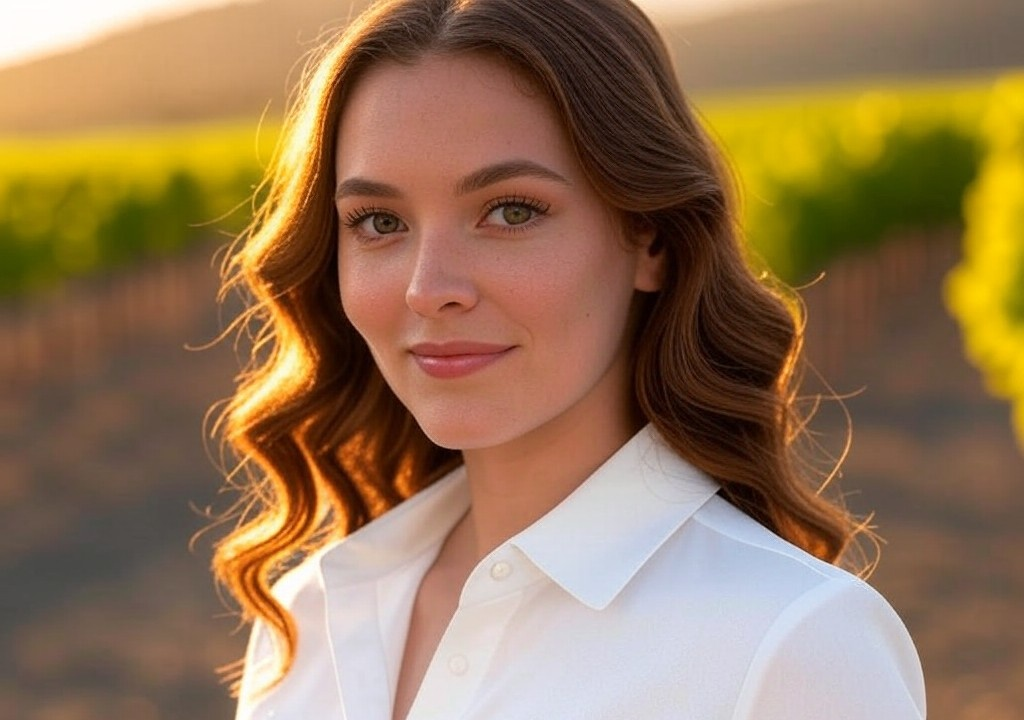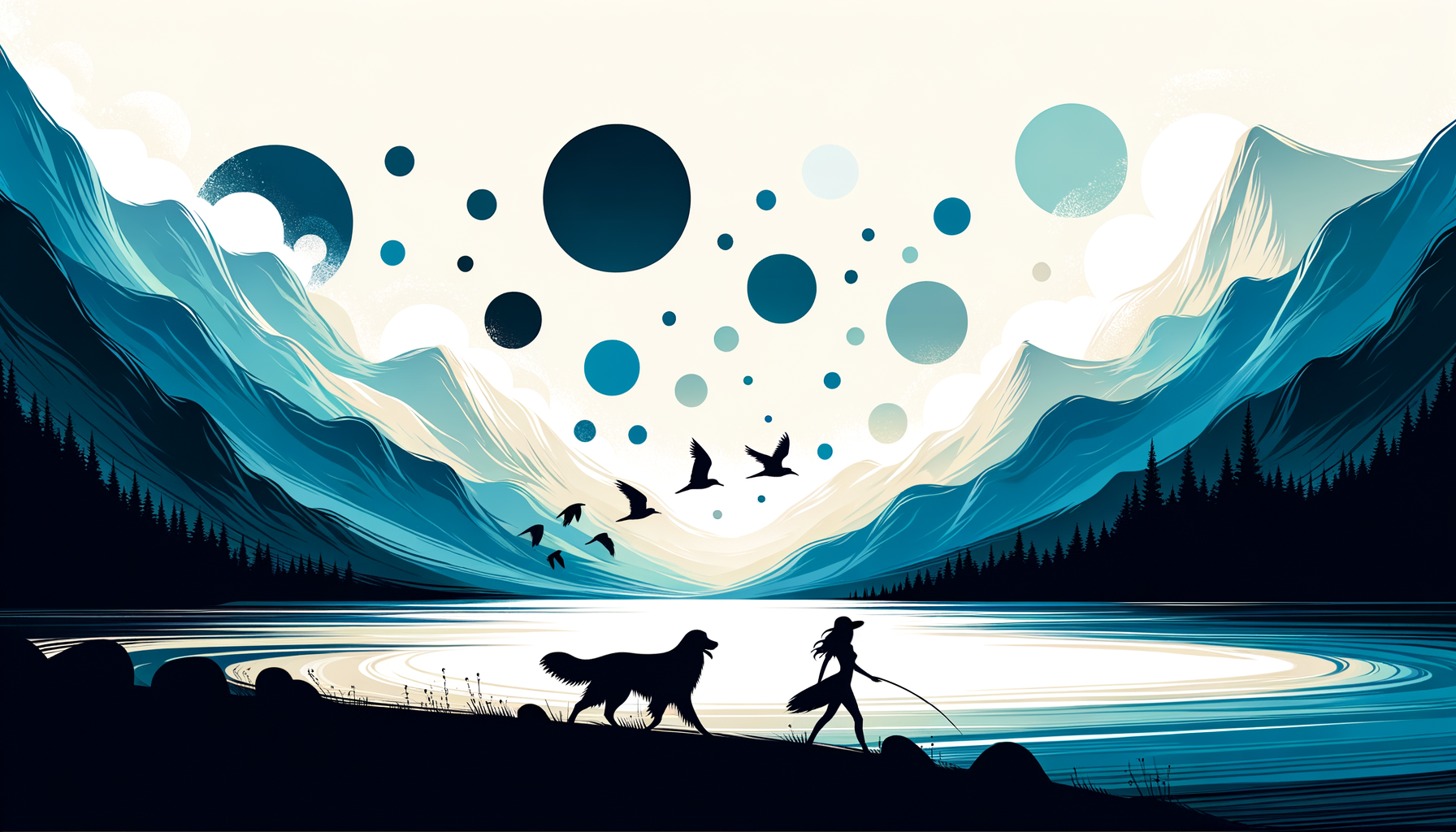Let me start by admitting something: I have an obsession, one that seizes me wholly, that shapes how I experience the world. And this obsession? Pairing. No, not like matchmaking (though, hello, I could probably crush a round of romantic compatibility tests), but the culinary kind—pairing food and wine. Stay with me here because, surprisingly, it has everything to do with relationships.
I grew up in a world where the right wine was like finding the perfect dance partner for a dish. A zippy Sauvignon Blanc could waltz with goat cheese; a velvety Malbec did a slow tango with roasted lamb. You know when you see two friends so in sync it makes you believe in the universe’s design? That’s a great pairing. Whether it’s wine and food or people navigating love, I believe the "pairing rule" shapes all relationships—romantic, platonic, culinary.
So yes, I see the world as a giant pairing menu, but strip away the polished mahogany tasting tables and swirl-sniff-sip rituals, and here’s what my obsession taught me about relationships that you can take with you, no vineyard required.
Flight #1: Opposites vs. Complements
They say, “opposites attract,” but trust me, that’s not always a wine truism. I once made the rookie pairing mistake of serving a citrusy Chenin Blanc with buttery lobster bisque. I thought, Balance the rich with the refreshing! No. What I got was dueling flavors jabbing at each other like a mismatched couple on a first date. I could practically hear the Chenin yelling, “Tone down the butter!” while the lobster hissed back, “Maybe you’re too sharp for me!”
In relationships, as in wine pairings, complementary traits matter more than total opposition. Sure, deep contrasts can be exciting at first (who doesn’t love a little drama?), but without thoughtful compatibility, you’ll crash like my poor Chenin Blanc and lobster disaster.
What does "complementary" mean in the real world? Let’s talk about the sweet-with-salty principle. Think peanut butter and jelly, fries dipped in a milkshake, or a couple where one partner’s goofy extroversion enhances the other's steady introversion. The key is finding someone who enhances your "flavor profile" rather than smothering it—or worse, clashing.
Flight #2: Vintage Is Key
Here’s the thing about wine: Sometimes, a bottle just isn’t ready to drink yet. Safeguarding a 2016 Barolo in my wine fridge for years felt like caring for a more temperamental Tamagotchi, but the wait? Worth every sip.
People aren’t so different. Personal growth, healing from past breakups, figuring out who you are—it’s all part of your vintage. Just like wine, the right conditions and time help people develop depth and balance. Pairing prematurely (a.k.a. jumping into relationships without enough introspection) often means missing out on nuance—yours and theirs.
If your "vintage" is still developing, breathe. You don’t need to pair up right now. Focus on evolving into your best self. Because when you’ve hit that peak (and trust me, you’ll know), any pairing you make will taste better for it.
Flight #3: The Funky Pairings That Surprise You (and Why You Should Try Them)
Not every pairing is obvious. You wouldn't think a pungent blue cheese could waltz into harmony with a syrupy port wine, yet that union is pure magic. Funky pairings—where unexpected elements somehow work together—often become the stuff of legendary meals and legendary relationships.
I used to believe my ideal partner would share my foodie tendencies. Surely, someone who understood the meditative bliss of making a perfect duck confit would "get me" at a molecular level. Then I dated someone whose idea of a fine dining experience was ordering tacos from a truck while blasting '90s punk rock on the drive home.
Plot twist? It worked. Their unapologetic casualness balanced my overcomplicated tastes, and we bonded over our mutual love for spontaneity despite wildly different lifestyles. Sometimes, it's the out-of-left-field combinations—the ones that make your nosy friends go, "You two? Really?”—that result in the tastiest surprises. As long as there’s respect and curiosity, the magic often clicks.
Flight #4: Not Every Pairing Should Happen (and That’s Okay)
Here’s a hard truth every wine professional learns: not every wine is meant to be matched with food. Some bottles are too overwhelming to share the stage, and others are so subtle, they get lost. And—this might be the toughest parallel to draw—some relationships simply don’t work out because the pairing wasn’t right to begin with.
I once tried to pair a smoky Syrah with an overly earthy mushroom risotto. Initially, I thought I’d discovered my culinary soulmate in this combo, but the harshness of the Syrah just bulldozed right over my lovingly made dish. In hindsight, I should’ve chosen a Pinot Noir—something lighter, softer, better suited for the job.
Sometimes, staying in a relationship because you think it should work feels a lot like forcing that Syrah to pair with risotto. There’s no shame in pulling the cork on something else. A failed pairing isn’t a failure at all—it’s just part of the tasting process.
Flight #5: Serve Yourself First
Here’s the secret every sommelier knows but doesn’t always say out loud: It’s okay to sip wine in solitude. Some nights, it’s less about pairings and more about luxuriating in your own company. The same goes for relationships. Obsessing over the "right" pairing might make you forget that your one constant dining companion is you.
When I moved back to Napa after France, I lived solo in a tiny studio barely big enough for a wine rack and stovetop, let alone guests. Initially, cooking for one felt ridiculous. Why braise short ribs for hours when no one was coming over? But one fall evening, I did just that. I poured a generous glass of a brooding Zinfandel, relished each bite, and realized something: sharing flavors with yourself is intensely satisfying. You can’t build a great relationship with anyone else until you savor your own company first.
So pour yourself a glass, dollop crème fraîche on whatever makes you smile, and marvel at your capacity to be whole, all on your own.
A Toast to Embracing Your Pairing Philosophy
If my obsession with pairings has taught me anything, it’s this: Relationships, like wine and food, require openness, patience, and an adventurous spirit. Don’t be afraid to taste widely, spit (or split) what doesn’t suit you, and celebrate the pairings that make life delightful.
And remember, no pairing is perfect—and it’s not supposed to be. Sometimes, it’s the mismatched edges, the quirks, the little surprises that make relationships worth savoring. Cheers to finding yours.




















